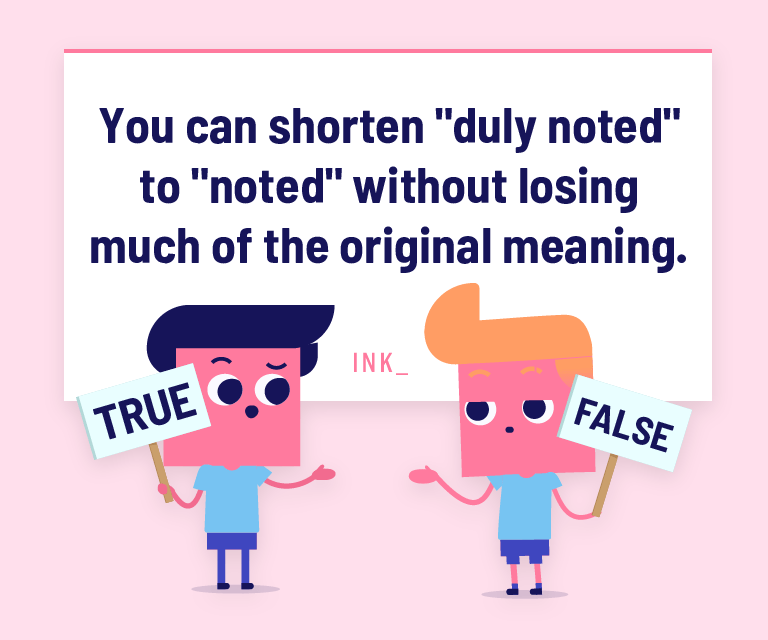

(1) Where a bill is not payable to bearer, the payee must be named or otherwise indicated therein with reasonable certainty. (2) A bill may be addressed to two or more drawees whether they are partners or not, but an order addressed to two drawees in the alternative or to two or more drawees in succession is not a bill of exchange. (1) The drawee must be named or otherwise indicated in a bill with reasonable certainty. (2) Where in a bill drawer and drawee are the same person, or where the drawee is a fictitious person or a person not having capacity to contract, the holder may treat the instrument, at his option, either as a bill of exchange or as a promissory note. (1) A bill may be drawn payable to, or to the order of, the drawer or it may be drawn payable to, or to the order of, the drawee. 5 Effect where different parties to bill are the same person. (2) Unless the contrary appear on the face of the bill the holder may treat it as an inland bill. Any other bill is a foreign bill.įor the purposes of this Act “ British Islands” mean any part of the United Kingdom of Great Britain and Ireland, the islands of Man, Guernsey, Jersey, Alderney, and Sark, and the islands adjacent to any of them being part of the dominions of Her Majesty. (1) An inland bill is a bill which is or on the face of it purports to be (a) both drawn and payable within the British Islands, or (b) drawn within the British Islands upon some person resident therein. 3 amended by Decimal Currency Act 1969 (c. (c) That it does not specify the place where it is drawn or the place where it is payable.Ĭ3 S. (b) That it does not specify the value given, or that any value has been given therefor (3) An order to pay out a particular fund is not unconditional within the meaning of this section but an unqualified order to pay, coupled with (a) an indication of a particular fund out of which the drawee is to re-imburse himself or a particular account to be debited with the amount, or (b) a statement of the transaction which gives rise to the bill, is unconditional. (2) An instrument which does not comply with these conditions, or which orders any act to be done in addition to the payment of money, is not a bill of exchange. (1) A bill of exchange is an unconditional order in writing, addressed by one person to another, signed by the person giving it, requiring the person to whom it is addressed to pay on demand or at a fixed or determinable future time a sum certain in money to or to the order of a specified person, or to bearer. Bills of Exchange Form and Interpretation U.K. “ Person” includes a body of persons whether incorporated or not.

“ Issue” means the first delivery of a bill or note, complete in form to a person who takes it as a holder. “ Indorsement” means an indorsement completed by delivery. “ Holder” means the payee or indorsee of a bill or note who is in possession of it, or the bearer thereof. “ Delivery” means transfer of possession, actual or constructive, from one person to another. “ Bill” means bill of exchange, and “ note” means promissory note. “ Bearer” means the person in possession of a bill or note which is payable to bearer. “ Bankrupt” includes any person whose estate is vested in a trustee or assignee under the law for the time being in force relating to bankruptcy.

“ Banker” includes a body of persons whether incorporated or not who carry on the business of banking. “ Action” includes counter claim and set off. “ Acceptance” means an acceptance completed by delivery or notification. In this Act, unless the context otherwise requires,. This Act may be cited as the Bills of Exchange Act 1882.


 0 kommentar(er)
0 kommentar(er)
